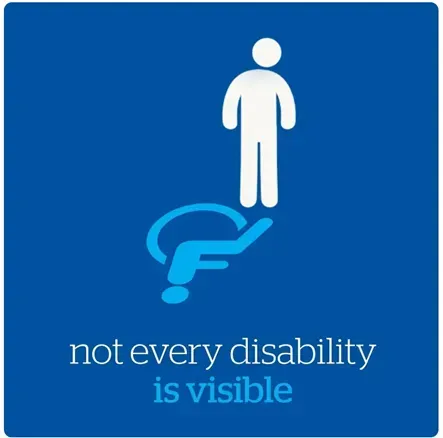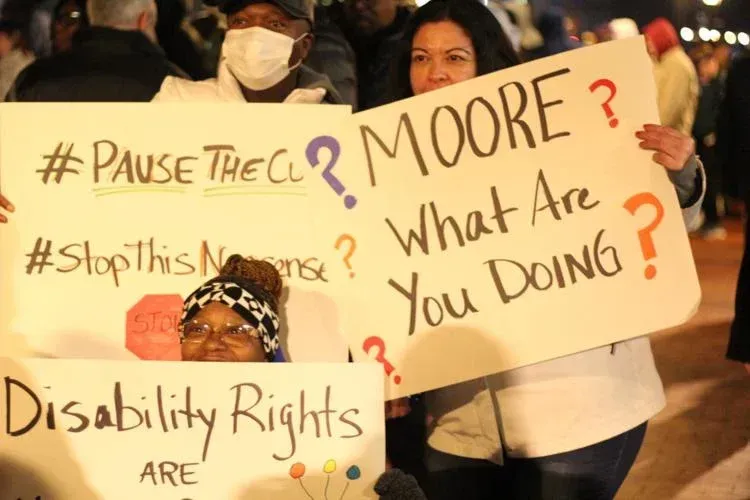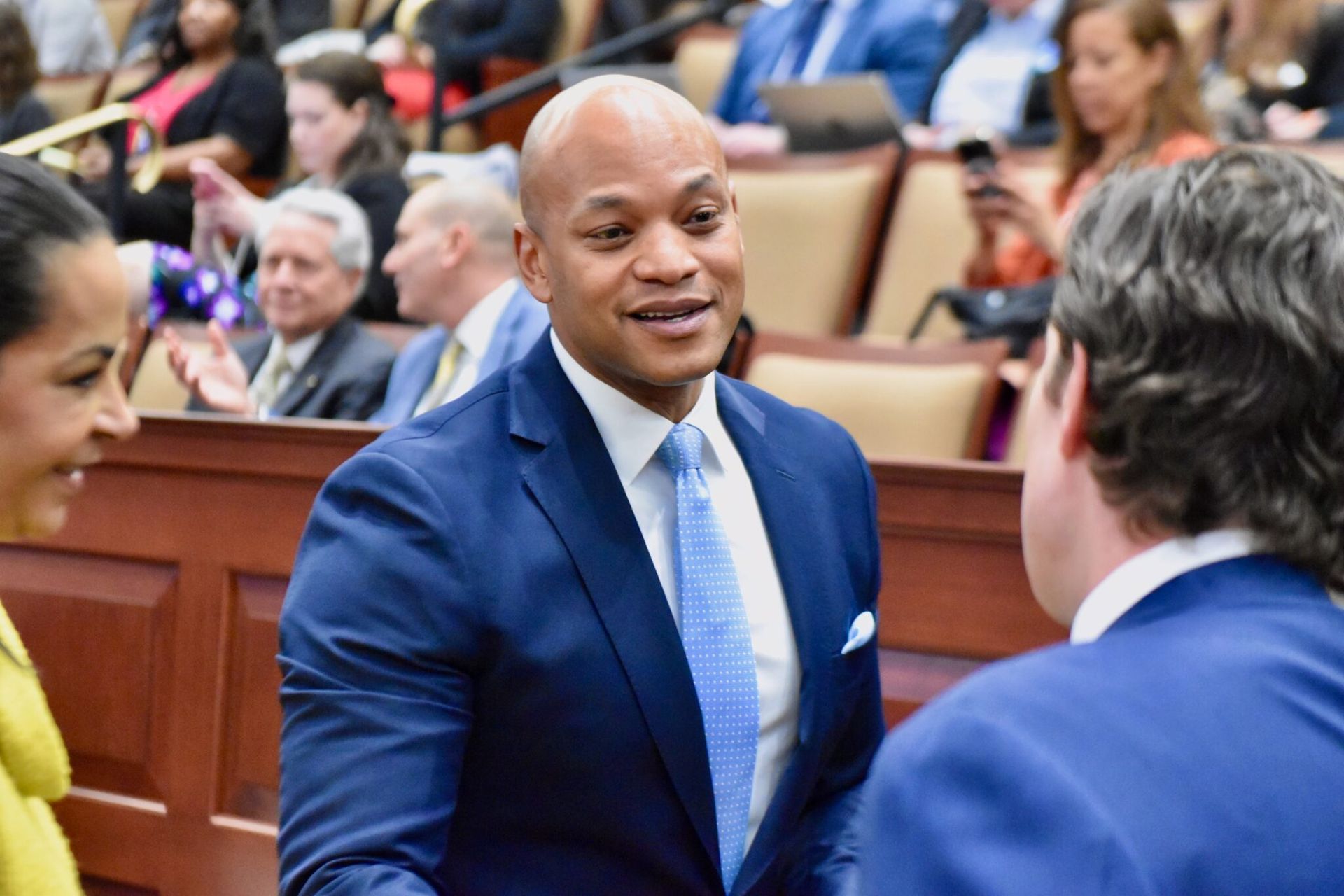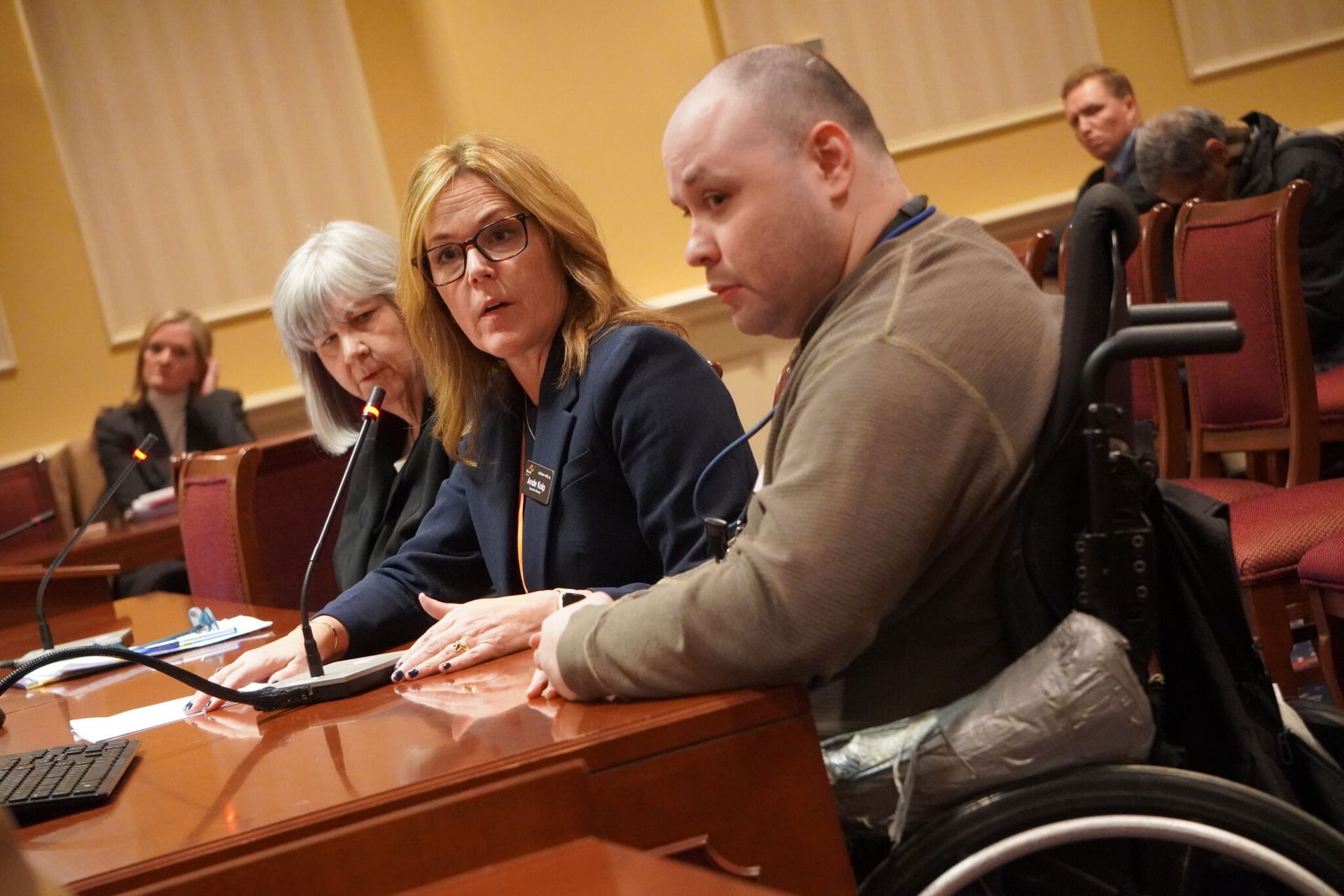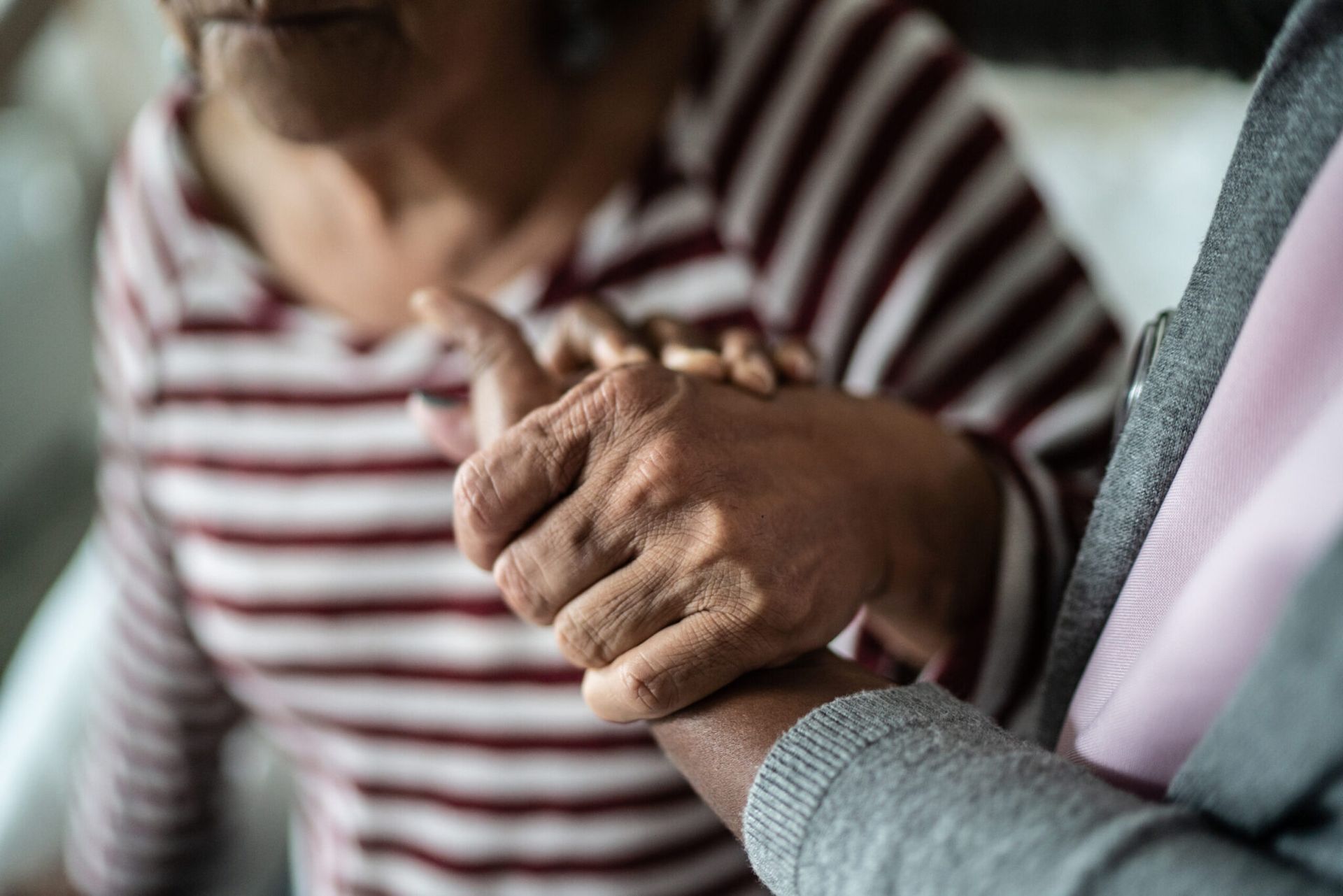House Votes To Renew Autism Act As Expiration Nears

Congress is one step closer to re-upping the nation’s primary autism law with little time remaining before it’s set to expire.
The U.S. House of Representatives voted Wednesday 402-13 to pass the Autism Collaboration, Accountability, Research, Education and Support, or Autism CARES, Act of 2024.
The bipartisan bill, which represents an agreement between House and Senate lawmakers, would allocate more than $1.95 billion over the next five years for research, prevalence tracking, screening, professional training and other government activities related to autism.
The law originated in 2006, but the current version is set to sunset Sept. 30.
“While significant progress has been made in understanding and accepting autism, much work remains to ensure that all autistic individuals have access to services and supports tailored to their unique needs,” said Christopher Banks, president and CEO of The Autism Society of America. “The Autism CARES Act of 2024 addresses key areas such as research on autism and aging, services for those with more complex needs, communication challenges and the shortage of developmental pediatricians — all crucial steps toward improving the lives of autistic individuals.”
The bill passed by the House this week would renew many existing autism-related programs and direct the National Institutes of Health to ensure that research reflects the full range of cognitive, communicative, behavioral and adaptive functioning needs of those on the spectrum. It would grow the number of NIH Centers of Excellence, require the NIH to produce an annual budget plan for autism research and it includes efforts to promote the adoption of assistive communication.
The measure also mandates a government report on ways to increase the number of developmental behavioral pediatricians as well as one looking at youth aging out of school.
Even with House passage, the legislation must still be approved by the Senate and signed by President Joe Biden in order to become law.
“Since the Autism CARES Act’s landmark passage in 2006, families like mine have benefited enormously from the transformative impact of this law, which has increased our understanding of autism, expanded health care training on autism and led to the development of evidence-based services for individuals with autism across the spectrum and lifespan,” said Keith Wargo, president and CEO of Autism Speaks. “While we celebrate House passage, we urge the Senate to quickly take up and pass the Autism CARES Act and send it to the president’s desk prior to the Sept. 30th expiration.”
Citations:
- [ORIGINAL NEWS ARTICLE] https://www.disabilityscoop.com/2024/09/19/house-votes-to-renew-autism-act-as-expiration-nears/31068/

